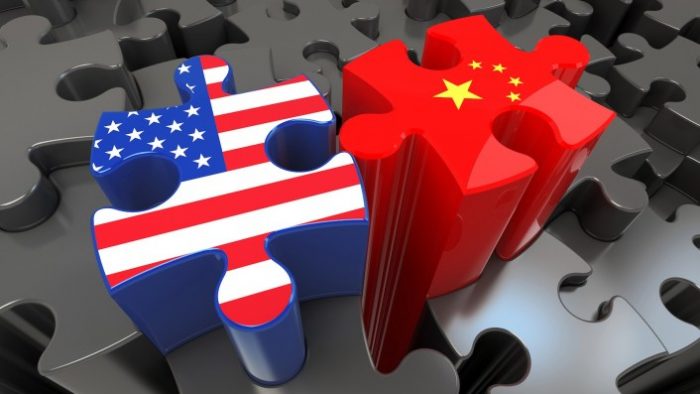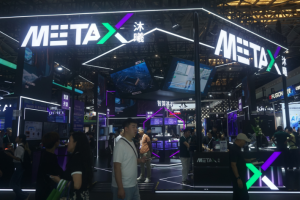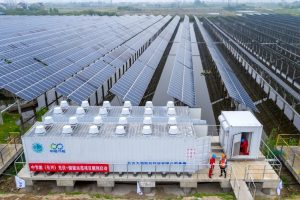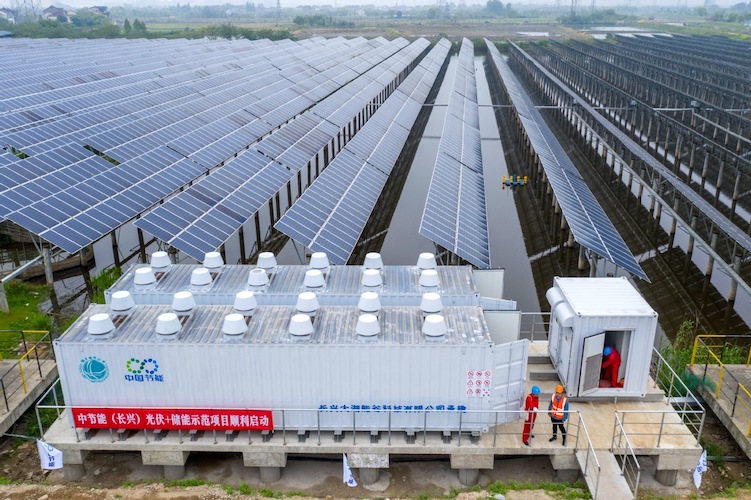US Customs and Border Protection (CPB) is prepared to implement the ban on imports from China’s Xinjiang region that goes into effect on June 21 under the Uyghur Forced Labor Prevention Act (UFLPA), an official told attendees of a CPB webinar on the subject.
“We’re all on a very tight timeframe,” said Elva Muñeton, CBP’s acting executive director for the UFLPA Implementation Task Force, adding “So the question is, are we ready to implement? Yes, we are.”
Under the UFLPA, all goods from Xinjiang are presumed to have been made with forced labour unless proven otherwise. Muneton said a “very high” level of evidence would be required for an exemption.
China has built numerous detention camps for Uyghurs and other Muslim ethnic minorities indigenous to the Xinjiang region.
Beijing initially denied the existence of any detention camps, but then later admitted it had set up “vocational training centres” to curb what it said was terrorism, separatism and religious radicalism in Xinjiang.
ALSO IN AF: Walmart’s Sam’s Club Denies It Removed Xinjiang Products
US Congress passed and President Joe Biden signed the UFLPA into law in December,2021. The law is designed to prevent products made with forced labour from entering the US.
China denies abuses in Xinjiang, a major cotton producing region that is also the source of much of the world’s solar panel materials, and says the law “slanders” the country’s human rights situation.
Importers will have the option to re-export prohibited cargo back to the country of origin, and any exemptions must be granted by the CBP commissioner and reported to Congress, Muñeton said.
“It’s important to know that the level of evidence that’s going be required by the Uyghur act is very high,” she said.
“It’s going to require documentation, clear and convincing evidence, that the supply chain of the product that’s being imported is free from forced labour.”
CBP will be able to issue penalties against importers in the case of fraud, she said.
- Reuters, with editing by Neal McGrath
READ MORE:
Tesla Criticised Over Showroom in China’s Xinjiang Region
Intel Apologises Over Statement on Xinjiang Labour
US Senate Passes Xinjiang Import Ban Over ‘Forced Labour’






















